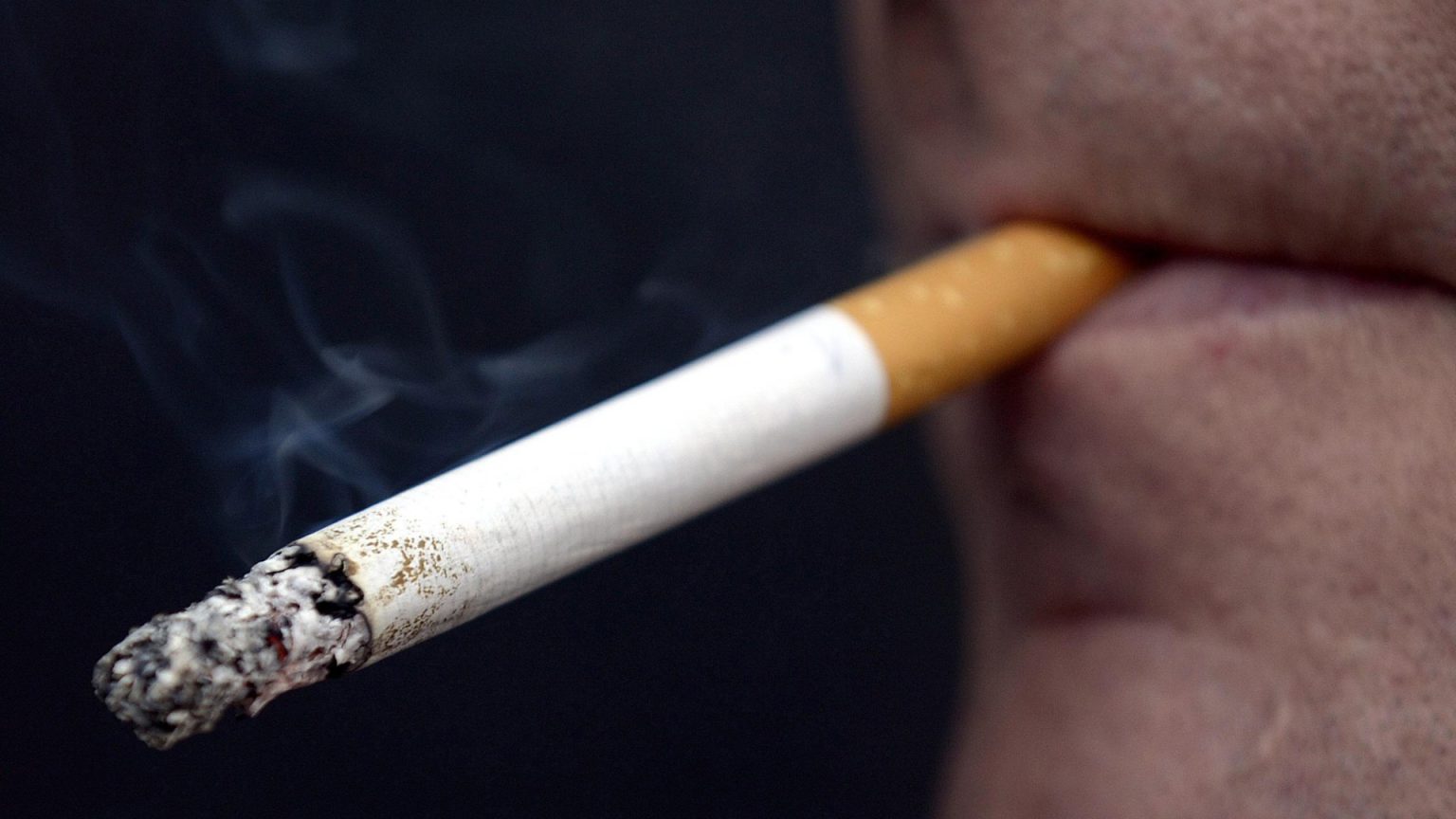The Detrimental Impact of Smoking and the Benefits of Quitting
A recent study from University College London has shed light on the precise toll smoking takes on lifespan, revealing that each cigarette smoked reduces a person’s life expectancy by an average of 20 minutes. This figure is nearly double previous estimates and highlights the urgency of quitting. The study, commissioned by the Department of Health, analyzed extensive population health data and found that men lose approximately 17 minutes per cigarette while women lose 22 minutes. The cumulative effect of this seemingly small loss becomes starkly apparent when considering the number of cigarettes smoked daily. A person smoking ten cigarettes a day loses nearly 3.5 hours of life expectancy per day, equating to over a week of life lost per year.
The study underscores the considerable health benefits gained by quitting. Quitting even for a short period offers significant gains: a week of smoke-free living after New Year’s Day, for instance, could restore a day of life expectancy for a ten-a-day smoker. Extending this to February 20th could add another week of life, and maintaining abstinence until August 5th could regain an entire month. These findings emphasize the progressive improvement in life expectancy achieved through sustained abstinence, motivating smokers to view quitting not as a daunting, long-term goal, but as a series of achievable short-term milestones with tangible rewards.
The grim reality is that smoking claims the lives of approximately 80,000 people in the UK annually and contributes to a quarter of all cancer cases. The study highlights that the time lost due to smoking is time that could have been spent in relative good health. Experts emphasize that the sooner one quits, the greater the extension of life expectancy. The NHS offers a range of support services, including nicotine replacement therapy, to assist smokers on their journey towards a healthier, smoke-free life. These services have contributed to a significant decline in adult smoking rates over the past three decades, but smoking persists as a major public health challenge.
For those struggling to quit, a variety of accessible and often free resources are available. The NHS recommends creating two lists: one outlining the reasons for quitting, such as saving money, improving health, or protecting loved ones from secondhand smoke, and another identifying smoking triggers and strategies to manage them. Replacing smoking rituals with alternative activities like chewing gum, keeping hands busy, or going for a walk can help break the cycle of addiction.
Nicotine replacement therapies (NRTs) offer a crucial support system by delivering nicotine without the harmful chemicals found in cigarettes, mitigating withdrawal symptoms. NRTs come in various forms, including patches, sprays, gum, and lozenges. The NHS advises using a combination of NRTs for optimal results, combining a slow-release patch with a fast-acting option to address immediate cravings. NRTs are accessible through pharmacies, shops, and NHS prescriptions, often at a lower cost through stop smoking services. In certain areas, the government’s "Swap to Stop" scheme allows smokers to exchange cigarettes for free vapes.
Local NHS stop smoking services provide free support and guidance, significantly enhancing the likelihood of long-term abstinence. Advisers offer personalized support, setting quit dates, and providing access to prescribed medications like bupropion or cytisine. These services can be accessed through GP referrals or direct contact. Advisers also provide cost-effective access to NRTs, often at a third of the retail price. Beyond medication and NRTs, employing distraction techniques during cravings, altering routines associated with smoking, and publicly announcing one’s quit date can bolster the resolve to remain smoke-free. Engaging in even light exercise, such as a short walk or stretch, can effectively curb cravings and promote the release of anti-craving chemicals in the brain.
The NHS offers a free personalized quit plan quiz, tailored to individual smoking habits, which helps identify the most effective combination of strategies. Understanding the physiological changes that occur after quitting, from the initial hours to weeks and months, further empowers smokers to persevere. The benefits of quitting are manifold, encompassing a reduced risk of lung and other cancers, improved lung and heart health, enhanced mental wellbeing, protection of loved ones from secondhand smoke, improved physical appearance, and substantial financial savings. Quitting smoking is a transformative step towards a healthier, longer, and more fulfilling life.










